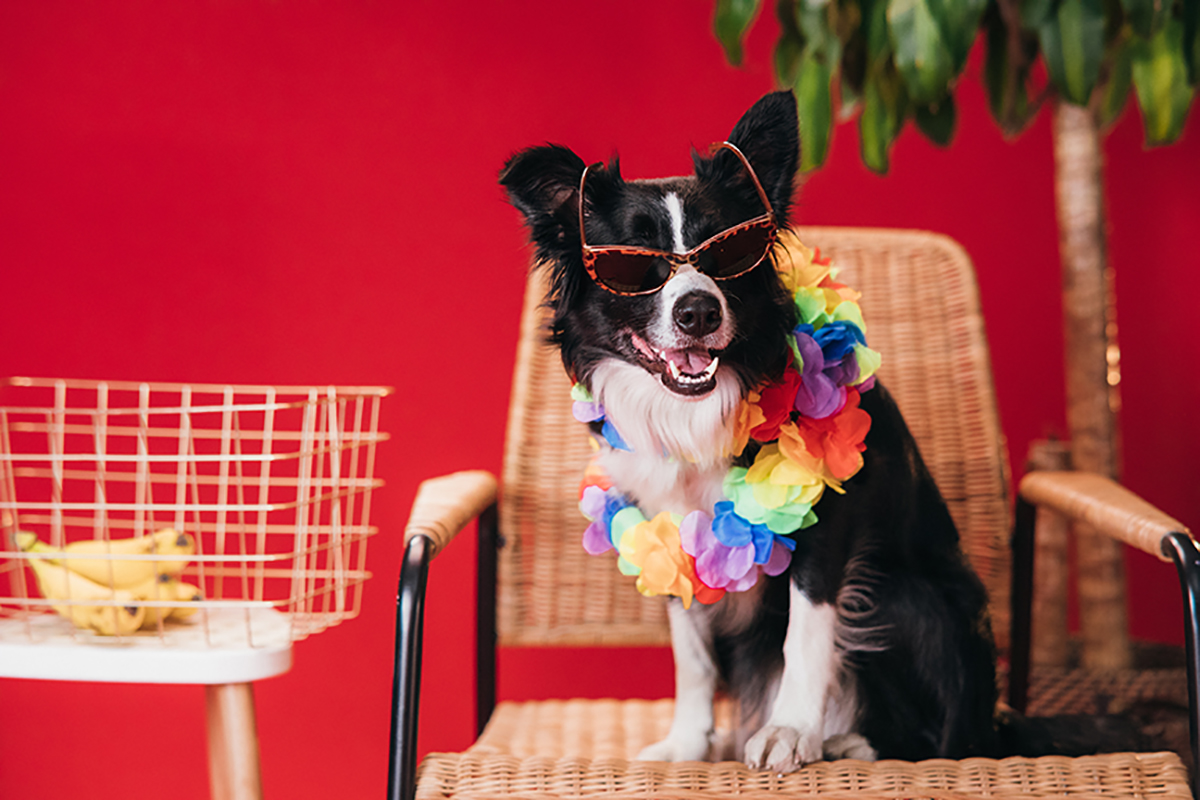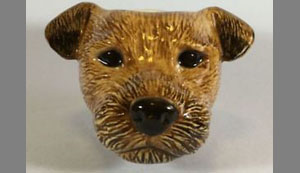While July is typically the hottest month in Arizona, August is no slouch when it comes to high temps, and it also tends to be more humid.
Many owners already are taking precautions to keep their pets cool, like scheduling dog walks in the early morning and checking pavement temperatures before heading out. To help dogs beat the heat this summer, BluePearl Specialty and Emergency Pet Hospital offers these tips for avoiding and recognizing heat stroke in dogs.
The hospital says that heatstroke is considered a pet emergency. If not treated, it can result in gastrointestinal upset, internal organs dysfunction, internal bleeding, infection, or in severe cases, death. Heatstroke occurs when a pets’ body mechanisms cannot keep their body’s temperature within a safe range. Pets are unable to sweat like humans, so the effects of heat are felt more quickly and strongly.
At the top of the list to help prevent heat stroke in dogs is never leave a pet in a hot car. Heatstroke can occur within minutes, even on a warm day. Also important is ensuring that the pet has access to shade, ventilation and water while outside on hot, sunny days. Bring pets inside or to a shaded area once outdoor temperatures reach 80 degrees and humidity of at least 90 percent.
Finally, it is important to know if your pet is high risk. Overweight and elderly pets, pets with cardiac or respiratory problems, and dogs with short noses like bulldogs, boxers and pugs, are heat sensitive. Take extra precautions if your pet falls in one of these categories.
Signs of heat stroke include uncontrollable panting, foaming at the mouth, lethargy, agitation, vomiting, loss of consciousness (or sudden collapse), and tongue and gums that turn from bright red to blue to gray.
If you suspect heatstroke, run cool water over the pet with a water bottle or hose or put them in a cool tub; wrap damp, cool towels around the dog; make water available but do not force your pet to drink. Also, never give sports drinks or electrolyte supplements to pets, which can be harmful for pets.
If your pet is panting uncontrollably or collapses, immediately take them to an emergency veterinary hospital.










































